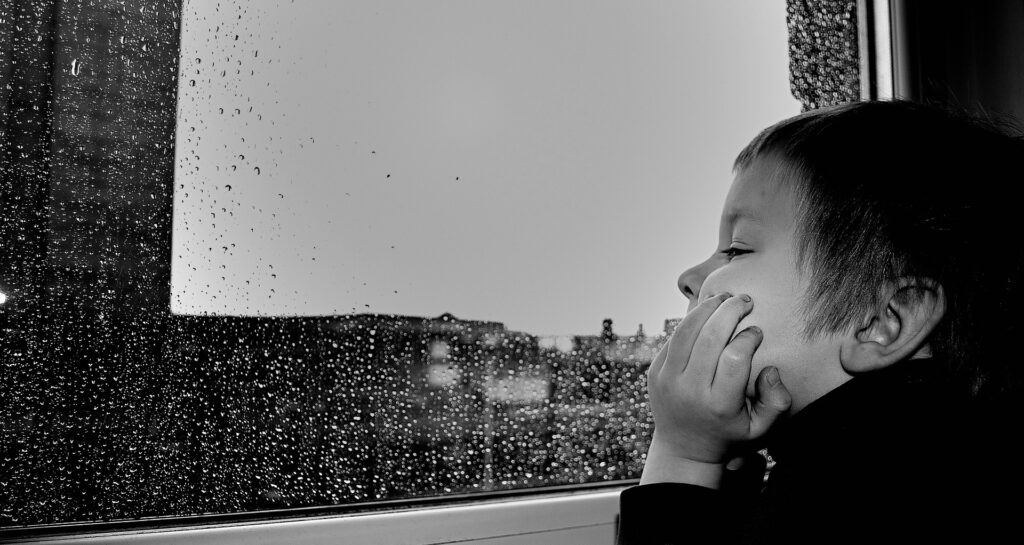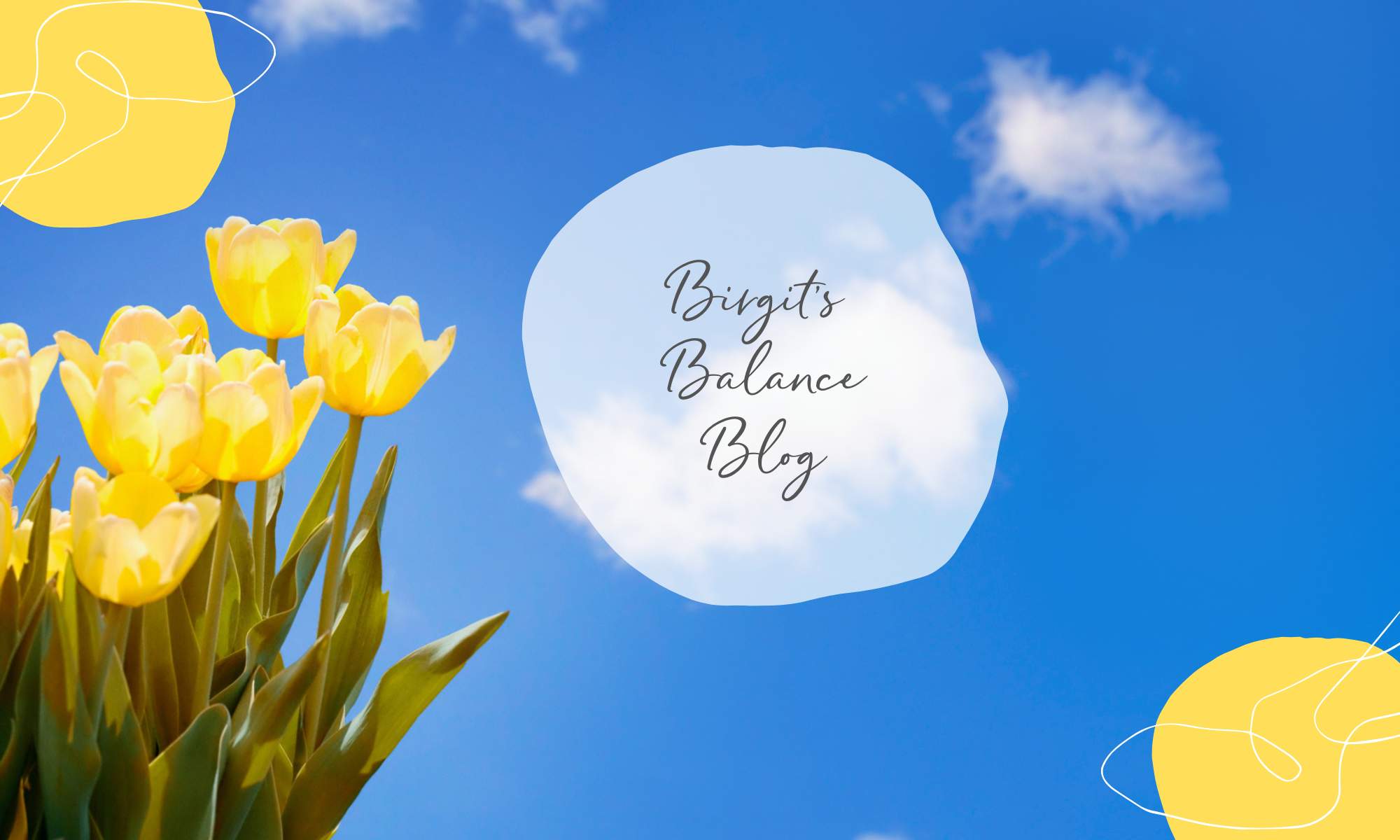
Two experiences last week inspired me to bring up this article again, which was one of my first here on the blog.
During a seminar on “Media Competence and Behaviour on the Internet”, a lively discussion arose between my participants about whether life without a mobile phone is even possible nowadays and to what extent we have already developed an addiction. And during an event I attended, the comedian mentioned a feeling that still existed in the 90s – but seems to be completely unknown (but at least unpopular) today: boredom.
In fact, we always seem to be “on”. Optimising every minute, every second.
Busyness is popular.
Filling every moment – with impressions, activities, movement. Through input from outside or through our own agitation.
The TV is running in the waiting room at the doctor’s, selling the latest services. Small idle moments – e.g. waiting for the bus or in the queue at the bakery – are filled with looking at the mobile phone again. Reading a book on the train, listening to a podcast, working through emails or quickly making that important phone call in the crowded underground (experienced live yesterday) … At home, the radio or TV is blaring and in everyday working life, colleagues and bosses help to make sure that every moment is filled.
Because we let them.
We quickly numb our hunger with a sandwich we brought along on the way to the next meeting.
One after the other, we work through the duties, tasks and activities.
As if in a trance.
As if remote-controlled.
Our head always seems to be one step ahead or at the next item on the agenda. And although it’s physically present on our neck, it is so often in a PRESENT state.
And if an unfulfilled moment seems to emerge, it feels strange. It almost seems as if we numb ourselves with this activity trance because silence has become unfamiliar to us.
In the worst case, our system is then so overdriven that it is no longer able to shut down on its own. Then it’s not unusual that alcohol comes into play.
Direct transition from mental anaesthesia to physical.
Don’t get me wrong – a delicious wine in a cosy atmosphere – how nice! Only if you find yourself reaching for it regularly to make the atmosphere cosy should you give it some thought.
As if conditioned, our mind continuously asks itself – and now what?
Nothing.
Just nothing.
“…and then you have to have time to just sit there and look in front of you.”
Astrid Lindgren
When was the last time you just sat there?
Can you still remember the feeling of boredom?
Why not allow silence and see what wants to emerge.
No music in the background, no smartphone, tablet, e-reader or book in your hand.
Just be.
Take a break. Notice what is here and now. Feel it. Listen in. Let it work.
Input-free time.
To get back in touch with yourself and your needs.
If you want to hear your inner voice, you have to give it the chance for air time.
It may not always be pleasant what it has to say, but it should always be heard. (Otherwise it will complain in another way to your back muscles, your stomach, your head or other parts of your body that cause you problems if you ignore your needs ;-))
Besides, it is paradoxical: we are convinced that we get the best out of our brain if we use/fill every moment. Yet our mental capacity and performance decreases with the duration of the stress. Even more: our brain demonstrably needs idle time to be creative.
So….
Just rest.
Treat youself to some boredome.
Whatever you do – be kind to yourself!
Birgit
